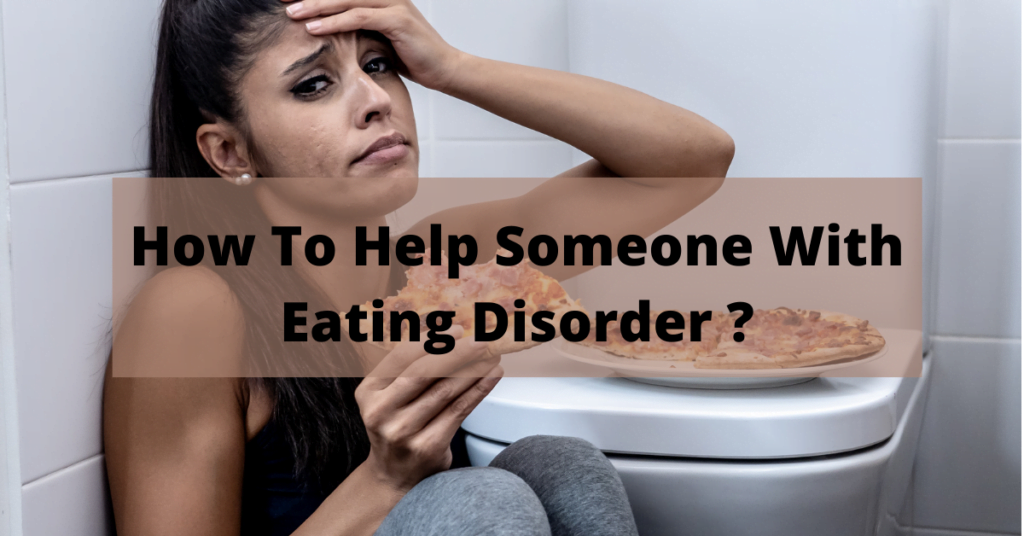Eating disorders are a serious mental health issue that affects many people of all ages and genders. It is important to know how to help someone with an eating disorder if you have a loved one or friend who struggles with this condition. In this blog post, we will discuss the signs and symptoms of an eating disorder. We will also know some helpful ways you can support your loved one through recovery.
Contents
What Are Eating Disorders?
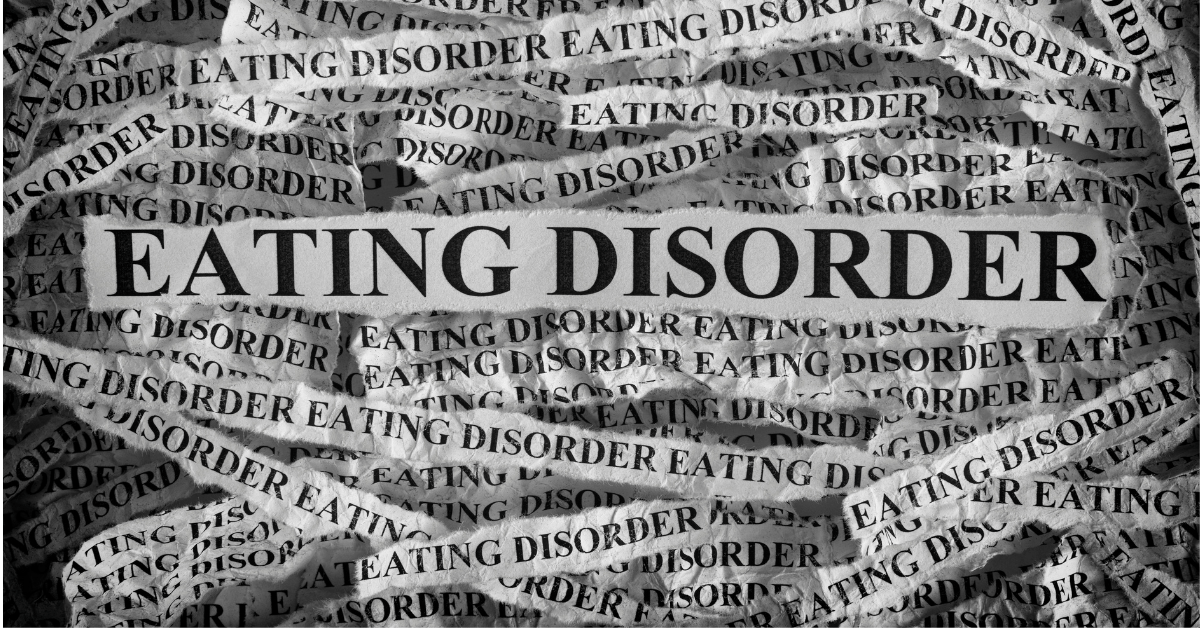 Eating Disorders are a type of mental illness. These are characterized by abnormal eating habits. These disorders are very serious. They can have a wide range of harmful effects on the body. Eating Disorders are not an issue that people should try to deal with alone. That is why it’s important for friends and family members to be aware of how to help someone who has been diagnosed with one of these disorders.
Eating Disorders are a type of mental illness. These are characterized by abnormal eating habits. These disorders are very serious. They can have a wide range of harmful effects on the body. Eating Disorders are not an issue that people should try to deal with alone. That is why it’s important for friends and family members to be aware of how to help someone who has been diagnosed with one of these disorders.
There are three main types of Eating Disorders:
People with Anorexia have an intense fear of weight gain and a distorted view of their own body image. As a result, they often starve themselves or exercise excessively in order to lose weight. They may also force themselves to throw up after eating in order to avoid gaining weight.
People with Bulimia often binge eat, meaning that they consume an excessive amount of food at one time and then purge the food by forcing themselves to vomit or using laxatives. They will generally hide their behavior from other people because it is viewed as socially unacceptable for them to be binging on so much food all the time.
Binge Eating Disorder (or BED)
People who suffer from BED will frequently overindulge in large quantities of unhealthy foods, but unlike someone with bulimia, they usually do not try to compensate by purging afterward or trying not to gain weight; instead, they may feel guilty, ashamed, and depressed about their eating habits.
Symptoms of Eating Disorder
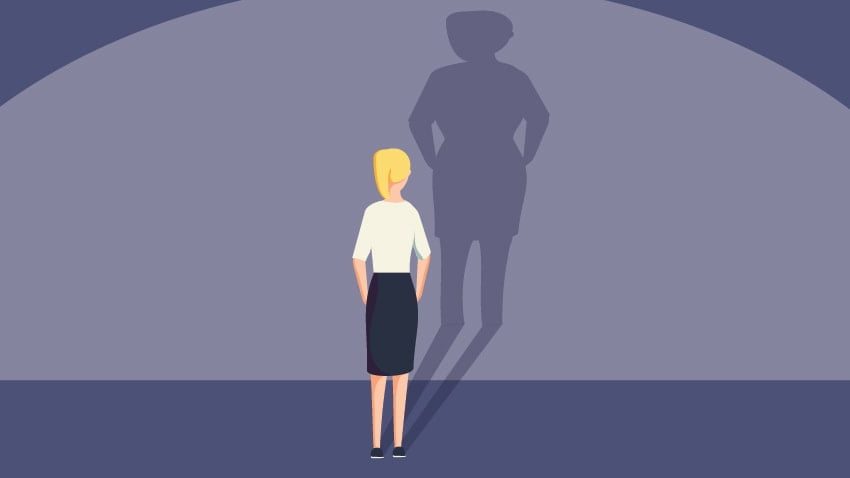
If you’re worried that you or a loved one may be suffering from an eating disorder, it’s important to be aware of the signs and symptoms so that you can get help as soon as possible. Here are some signs of an eating disorder:
Weight Fluctuations
Unexplained weight fluctuations can be a sign of an eating disorder. If you notice that your weight is changing significantly for no apparent reason, it’s important to talk to your doctor.
Mood Changes
Eating disorders can cause mood changes, including depression, anxiety, and irritability. If you’re noticing that your mood has changed significantly and you don’t know why it’s possible that an eating disorder is to blame.
Excessive Exercise
Exercise can be a sign of an eating disorder when it’s used to compensate for food intake or as a way to control weight. If you’re exercising excessively and feeling like you have to work out all the time, it’s important to get help.
Dietary Restrictions
Restricting certain foods or food groups can be a sign of an eating disorder. If you’re obsessed with healthy eating and feel like you have to restrict what you eat, there may be a problem.
Obsession With Food And Weight
If you’re constantly thinking about food and weight, it’s possible that you have an eating disorder. People with eating disorders often have a distorted view of their body image and may be obsessed with being thin.
Withdrawal From Friends and Family
People who are suffering from an eating disorder may start to withdraw from friends and family members. They may stop going out or socializing because they’re ashamed of their condition or don’t want anyone to know about it.
Changes In Appearance
Eating disorders can cause changes in appearance, including hair loss, dry skin, and discoloration around the mouth. If you’re noticing any physical changes that don’t seem normal, it’s important to get help.
Purging
Purging is the act of vomiting or using laxatives to rid oneself of food after eating. If you’re purging regularly, it’s a sign that you may have an eating disorder.
Complaining About Being Fat
Even if you’re not actually overweight, people who have eating disorders often complain about being “fat.” This is another way of controlling weight and calorie intake.
Causes of Eating Disorders
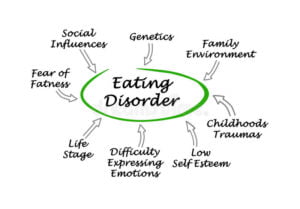 These are some causes of Eating Disorders:
These are some causes of Eating Disorders:
- Societal pressure to be thin or have a certain body type
- Having a family member with an Eating Disorder
- Stressful life events (like moving, starting school, or getting divorced)
- Low self-esteem
How To Help Someone With Eating Disorder
Helping someone with an Eating Disorder can be difficult, but it’s important to remember that you should never try to force them into getting help. Instead, try some of these methods:
Talk To Person
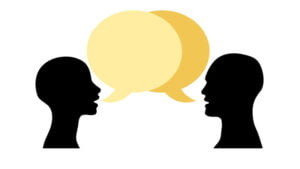 You should always start by talking to the person directly. Let them know that you are concerned about their health and point out some of the harmful effects it could have on themselves in the future if they don’t seek help immediately.
You should always start by talking to the person directly. Let them know that you are concerned about their health and point out some of the harmful effects it could have on themselves in the future if they don’t seek help immediately.
Keep Them Safe
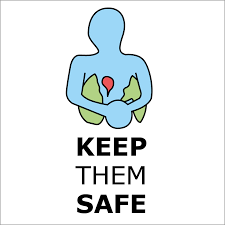 If possible, try not to leave that person alone when they’re exhibiting signs or symptoms of an Eating Disorder. If no one is around who will be able to take care of them properly, then call for medical assistance right away even if they refuse treatment because there’s a chance that this behavior may lead them down a dangerous path – especially since many people with eating disorders carry knives or razors so that they can self-harm after binging on food.
If possible, try not to leave that person alone when they’re exhibiting signs or symptoms of an Eating Disorder. If no one is around who will be able to take care of them properly, then call for medical assistance right away even if they refuse treatment because there’s a chance that this behavior may lead them down a dangerous path – especially since many people with eating disorders carry knives or razors so that they can self-harm after binging on food.
Be Patient With Them
Even though you should not try to force them into getting help, you should still be patient with the person and let them know that they’re not alone in dealing with this illness.
Help Them Find Support
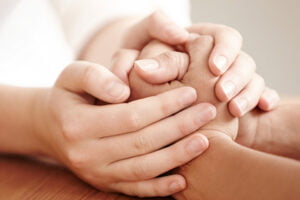 If possible, try to find a support group or an Eating Disorder specialist who can give your friend tips on how to overcome their disorder; if they are resistant at first, don’t stop trying because it’s important for people suffering from these disorders to have someone in their corner who understands what they’re going through and will continue fighting for them until treatment is successful. After all – there is no shame in seeking professional therapy!
If possible, try to find a support group or an Eating Disorder specialist who can give your friend tips on how to overcome their disorder; if they are resistant at first, don’t stop trying because it’s important for people suffering from these disorders to have someone in their corner who understands what they’re going through and will continue fighting for them until treatment is successful. After all – there is no shame in seeking professional therapy!
Include Them In Your Life
Even though recovering from an Eating Disorder can take months or even years of hard work, try to include the person in your life as much as possible. This can mean inviting them to go out for coffee or going for a walk with them; anything that will make them feel like they’re still part of the world and that their life isn’t just about battling this illness.
Try To Be Open-Minded
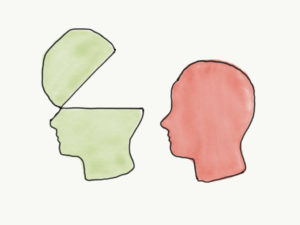 This is one of the tips for how to help someone with an eating disorder. People who suffer from Eating Disorders often have a poor body image, so try to make an effort not to look at them in disgust or with criticism. Likewise, try your best not to insult their weight by saying things like “you need to eat something” when they’re clearly trying very hard not to; instead you should complement what they’re wearing and praise the way that whatever they did put on looks good no matter which size it is. You can also be helpful if you give them some healthy recipes for food that isn’t junk while pointing out how much better their hair/skin would start looking if were eating healthier meals.
This is one of the tips for how to help someone with an eating disorder. People who suffer from Eating Disorders often have a poor body image, so try to make an effort not to look at them in disgust or with criticism. Likewise, try your best not to insult their weight by saying things like “you need to eat something” when they’re clearly trying very hard not to; instead you should complement what they’re wearing and praise the way that whatever they did put on looks good no matter which size it is. You can also be helpful if you give them some healthy recipes for food that isn’t junk while pointing out how much better their hair/skin would start looking if were eating healthier meals.
Encourage Them For Treatment
You should always encourage the person to seek treatment, even if they initially refuse it.
Encourage them by telling them about your own experiences with overcoming this disorder and how much better you feel now that you’re on a healthy path; also tell them what life was like before (when they were still suffering from their illness) and how miserable everything had become because of it. Sooner or later, they will start feeling more comfortable asking for help once they realize that everyone is rooting for their recovery including themselves.
Treatment of Eating Disorder
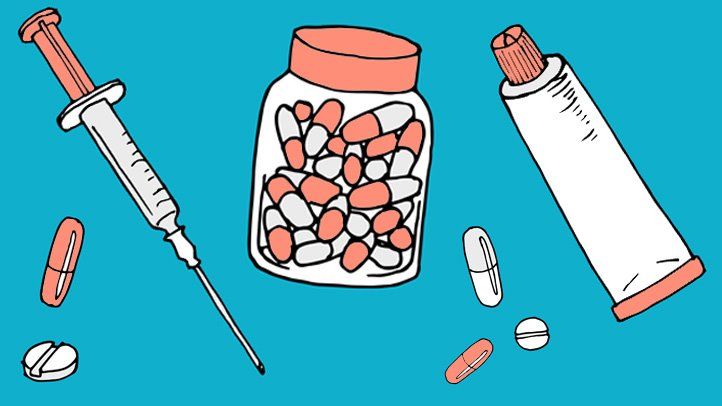
There are many different ways to treat an eating disorder, so it is important for the person suffering from the illness to find what works best for them. With time, patience, and support they will be able to overcome their disorder and live a healthier life. Some of these are:
Medications
Medications may be prescribed to help control eating disorder symptoms. These medications can help reduce cravings for food and suppress appetite.
Individual Therapy
In Individual therapy, a therapist works with the person to understand their feelings about themselves and how they cope with issues in their daily life including stressors that may trigger symptoms of an eating disorder. They can also learn new skills to deal with negative emotions or stressful situations without resorting to harmful behaviors such as binging/purging/overeating. The goal is learning healthier coping mechanisms so that when these triggers happen again, the sufferer will be able to handle them better instead of turning back towards old patterns like binge-eating or restricting which caused havoc on their body before (when it was still fighting against starvation).
Group Therapy
With group therapy, people suffering from the same eating disorder can come together in a safe environment. It is to discuss their feelings and support each other. This can be very beneficial because it allows sufferers to see that they aren’t alone in this fight; however, if you’re not comfortable with group therapy then individual sessions are also effective (and usually preferred).
Nutrition
Eating well is an important part of treating many forms of mental illness like depression or anxiety. It is often difficult for people suffering from eating disorders to eat healthy on their own when food has become linked with negative emotions. Therefore, having someone help them make healthy meals/snacks. It is while also encouraging them during mealtimes might just be what’s needed so that they will feel less anxious about taking care of their body.
Recovery is possible and with the right help. The person can overcome their eating disorder and live a healthier life. With time, patience, and support they will be able to conquer their illness. They will be on their way to a brighter future.
Conclusion
Eating disorders are complex and difficult to deal with. It’s important to know the warning signs, understand how they develop. You should also be proactive in getting help when you see them emerge. If your loved one has an eating disorder or is being impacted by someone who does, it can be helpful for him/her to talk about what he/she is feeling openly without fear of judgment.
You might even consider reaching out for professional counseling on their behalf if that feels like a good next step. There are professionals that specialize specifically in this type of work so don’t worry. The most important thing is not giving up hope. You should continue to reach out. This is until you find the right person who will have empathy towards what’s going on.
If you are looking for affordable Online Counseling MantraCare can help: Book a trial therapy session
